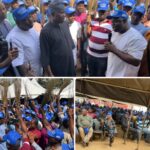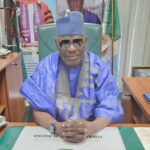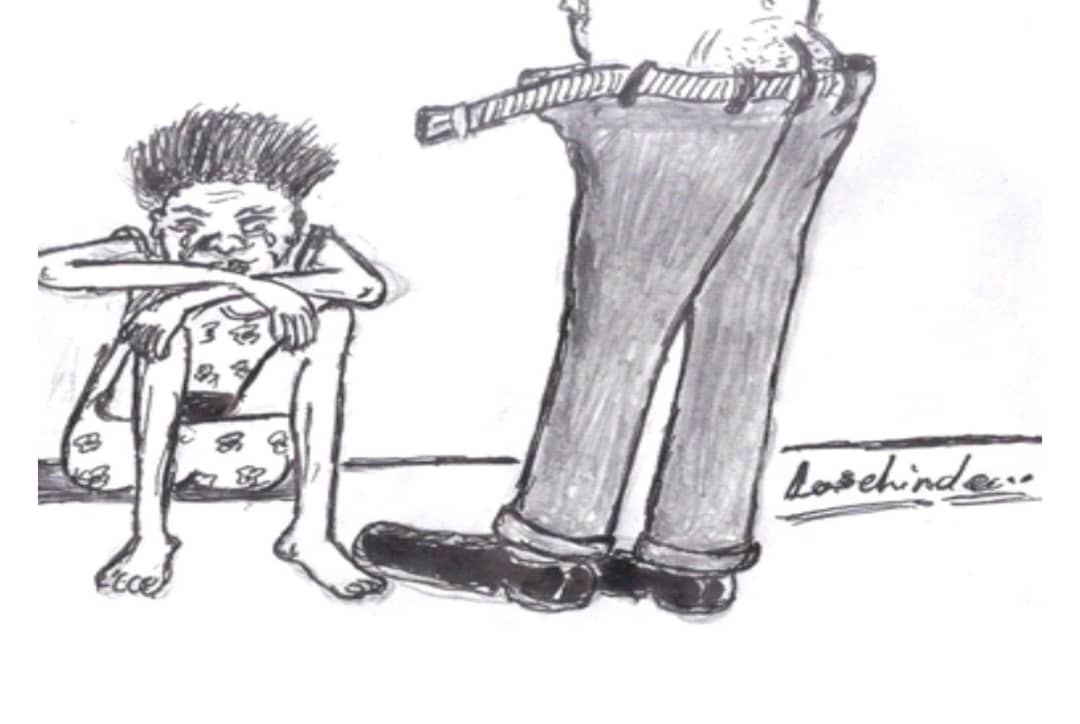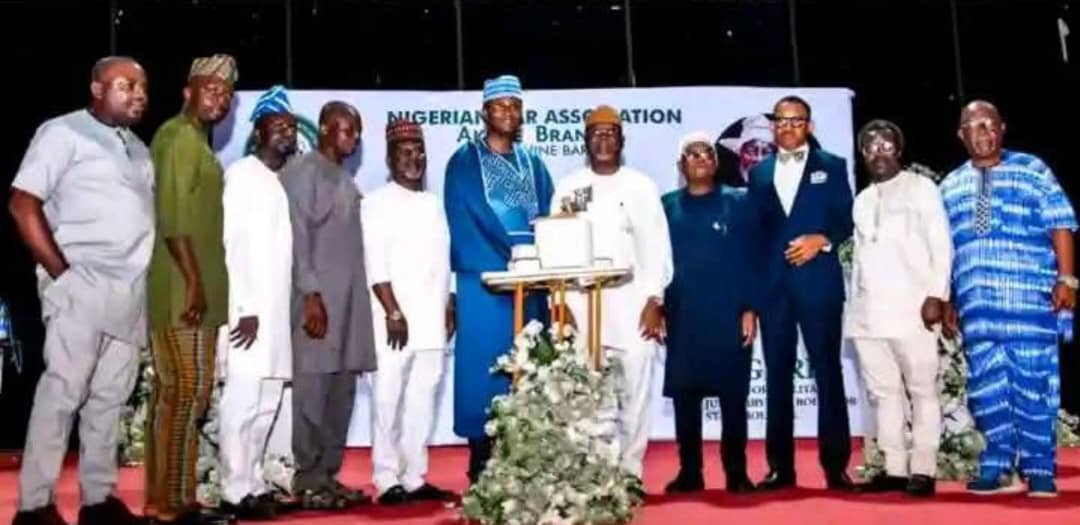By: Our Reporter
Contrary to what is attainable in the public space, Nigeria is practising Unitary system of government in the guise of Federalism.
Dr Olaniyi Olayinka of the Department of Private and Property Law of the Redeemers University, Ede, Osun State, stated this in his paper, “Nigeria Federalism And The Realisation Of The Objectives Of A State” delivered at the 4th College Of Law, Achiever University, Owo, Public Lecture.
Dr Olaniyi who was the guest lecturer, who said Nigeria is practicing ‘fake’ Federal system of government, noting that federalism as being practiced in Nigeria is different from how it is being practiced in some other climes.
According to the guest lecturer, the 1999 constitution is the most disservice to the country.
While giving example to where the constitution got it wrong, Dr Olaniyi pointed out that the concurrent list says where the laws of the federal government and that of the states conflict, then the laws of the federal government prevail.
According to him, this has made the federating states a toothless bulldog.
He went further to say that militarisation of the political landscape resulted in the loss of federalism and subsequent centralisation of economic and political offices.
This according to him, is being abused to favour an ethnic stock under a system not guided by unity, faith, peace, and progress.
“The ruling APC election manifesto was to give true federalism to Nigeria but President Buhari failed to enforce the same. This is manifestation of power wherein a single citizen vested with power resist the realisation of the ‘will of the people’”.
In the same vein, he posited that the federal character principle seeks an inclusive participation of every person in the economic and political sectors.
According to him, the fact that the President is not bound to take the recommendations of the Federal Character Commission hinders the realisation of the objectives of the Commission.
“The laudable provisions of the federal character principle as contained in the 1999 Constitution becomes less helpful as it remains non-justiciable. Apart from legal restraints on the application of the federal character principles in Nigeria, political constraint is discovered in terms of ethnic considerations”.
Meanwhile, Dr Olaniyi has identified ethnicity, public sector corruption, compromised ruling party and compromised opposition party as some of the challenges of good governance in Nigeria.
“The ethnicity factor in Nigeria is anti-productivity, the Government fails to ensure that everyone enjoys just and favourable conditions of work and a decent living for himself and for his family. The Boko Haram Sect, killer – cattle – herders, kidnappers, destroyers of lives and properties are granted amnesty by the state, and there is no political will to prosecute those arrested, which do undermine socio-economic and cultural developments.
“Compromised ruling parties, Granted the fact that the Supreme Court has held that it is a political party and not a candidate that is voted for (Amaechi v PDP), political parties in Nigeria lack the self-funding programmes. They rather have party members holding political offices to fund them. Inactive party members as such do not have the locus to call the non performing members in government to order.
“Aspirant Tinubu, a national leader of APC looked on while Buhari Regime satisfied itself in taking loans and printing currencies. The African National Congress remains the ruling party in South Africa and it has been a positive influence on good governance in the Country.
President Tinubu’s agenda is to continue in the shoes of the Buhari Regime. The citizens voted for Tinubu in ignorance of that political agenda until insecurity of lives and properties extend to food insecurity.
“Compromised Opposition Parties, Political leadership is able to break the rank of opposition political parties through the power of incumbency and patronage. In its power to allocate value on scarce resources, the political leadership is able to make promises to virtually everyone that matters. Such promises include states creation which will effectively make prospective beneficiaries key into the political agenda of thee prospective benefactor.
“Promise to establish cashew processing plant has been adduced as reason why a particular politician has been elected into the Senate for three consecutive terms. Promise of political appointment, contract award, employment, transformer for a community, sponsorship on pilgrimage. All these are deployed in a way that no one or body of people, religious bodies raises eyebrow over abuse of office.
“Monetised Democracy and God-fatherism /Participation, N100m nomination fee of presidential election. A state has the obligation to manage public resources for welfare and security of the citizens. The citizens are not aware that democracy is no longer government of the people for the people and by the people.
“The government is a long time planned and resource nourished gang up against the interests of the populace. Conscious that when everyone enjoys welfare, they do not have undue portion to annex. Sunday Igboho championed the course of Yoruba Nation autonomy. The movement believed the General election of 2023 should not hold since democratic returns are not guaranteed. More than 20 aspirants procured nomination forms each at N 100 million. This sum is far beyond a university Professor gratuity, retiring after 35 years in service. This makes it most unlikely for a university professor to aspire to number one political office.
Public sector corruption, Corruption is an act which deviates from the established standards of behaviour, transcends the immorality of such act and advances to illegality in respect of the abuse of public office for the benefit of private interests. In practical terms, public sector corruption creates artificial class of those who have and those who do not have. Institutional endorsement of corruption is found in the unregulated annual budgets of a country.
“Political activism, Political leadership do not run a nation to meet the needs of the people. With the increase in school fees in public universities, increase in the prices of foodstuff and portable water being no longer affordable, all the while, the National Assembly caters for welfare of its members, securing constituency allowances and buying SUV etc.”
“Restructured Nigeria / referendum: States in Nigeria have abandoned their culture of productivity as every state now relies mainly on funds allocation from the central purse. (Unique nations grow at their pace, engaging culture and religion, taking things easy as they so belief. The CONFAB Report of 2014 which prescribes a true federation in Nigeria should be revisited and implemented. Ghana pursues a decentralized government which provides efficient, effective, and equitable local service delivery, which citizens’ desire. Ghana handles its horizontal inequalities between different ethnic groups, through the provisions for the conduct of a referendum.”
The lecture was attended by Achievers University, Owo Community including the Pro-Chancellor, Dr Bode Ayorinde.










